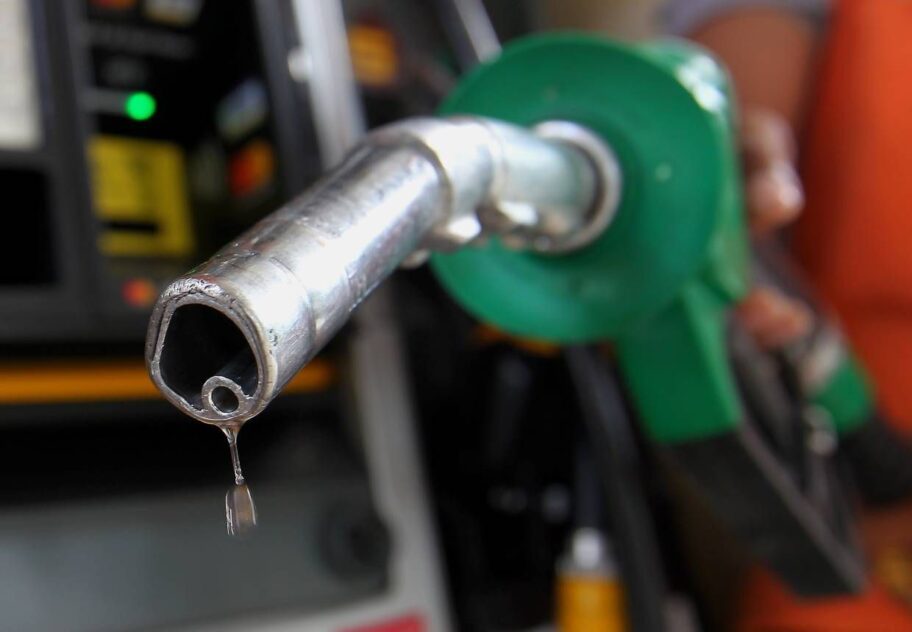KUALA LUMPUR: Maybank has reiterated that its robust liquidity and capital positions built over the years have been designed to ensure that it is able to weather any stress arising from changes in the operating environment, such as the ongoing Covid-19 situation.
In a statement released following Fitch Ratings’ downgrade of the bank’s rating to BBB+ from A-, Maybank said its Liquidity Capital Ratio as at December 2019 stood at 141% while its total capital ratio was 18.23% and its fully loaded Common Equity Tier 1 capital ratio was 14.58%.
All these are well above the current regulatory requirements of 100%, 10.5% and 7%, respectively, and “given these levels, it is clear that Maybank Group’s capital and liquidity ratios have been kept at the higher quartile compared to the other banks in Southeast Asia,” it stressed.
Group president and CEO Datuk Abdul Farid Alias said the board and management of Maybank have always ensured that the group remained ahead of the capital and liquidity requirements set by bank regulators, particularly in its three key markets of Malaysia, Indonesia and Singapore.
“As such, for the past five years, these levels have been consistently higher than the full requirements, despite them being under gradual implementation by the regulators.”
He said Maybank had taken note of Fitch Ratings’ downward revision of the bank’s long-term issuer default rating (IDR) by one notch although maintaining its outlook as stable, and that the move by the rating agency is based primarily on the weakened operating environment, and not a reflection of Maybank’s strong fundamentals. Fitch has reaffirmed Maybank’s short-term IDR.
“I was disappointed when I first saw this report but was also aware that Fitch had recently downgraded the credit rating of many banks, especially in the Asia-Pacific, Middle East and South African regions,” he said.
“While this is the prerogative of the rating agencies, our view is that all efforts, including by the banking sector, should be focused primarily on helping the people to survive the crisis, and then eventually help reverse this pandemic-induced economic slowdown, given that the cause of this slowdown is peculiar and its impact significant.
“This downgrade will likely increase the bank’s funding costs, but we will do our best to absorb it without passing the majority of it on to our customers,” he added.
Farid said the group is nevertheless reassured by the Fitch report, which stressed that Maybank remains better capitalised than its peers and is in a firm position to weather potential strains on earnings and asset quality arising from the weaker operating environment.
Additionally, Fitch had also stated that the bank’s liquidity is well supported by its superior domestic deposit franchise and the central bank’s highly accommodative liquidity management actions.
Maybank is one of only three banks in Malaysia to be publicly rated by Fitch Ratings. The other two banks are Hong Leong Bank Bhd (HLBB), which was also downgraded to BBB+ from A-, and Export-Import Bank of Malaysia Bhd (MEXIM) to negative from stable.
Fitch, however, affirmed MEXIM’s Long-Term Issuer Default Rating (IDR) at A-, which is equalised with Malaysia’s sovereign rating, reflecting expectations of a very high probability of extraordinary state support for the bank, if needed. – April 13, 2020, Bernama










